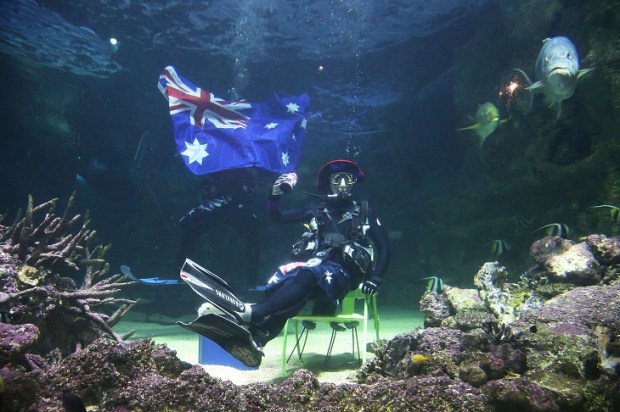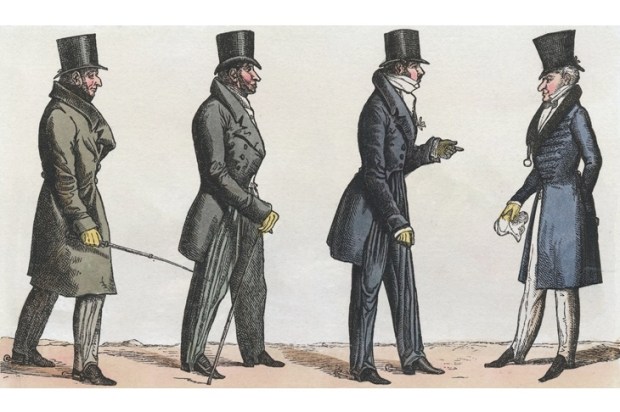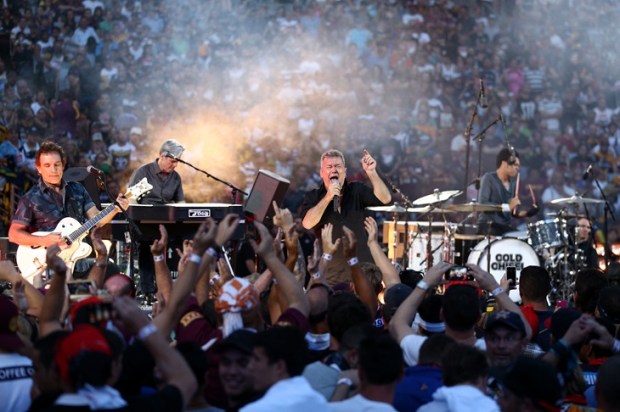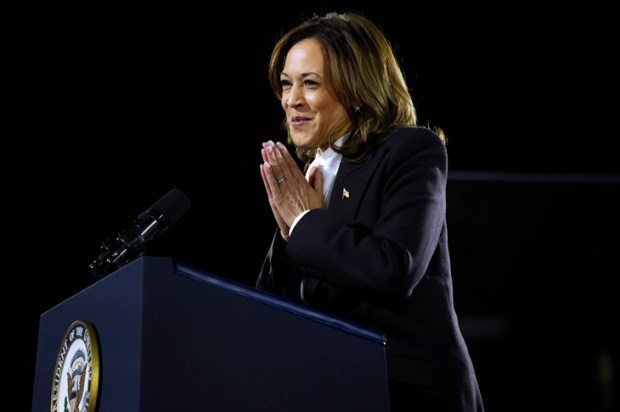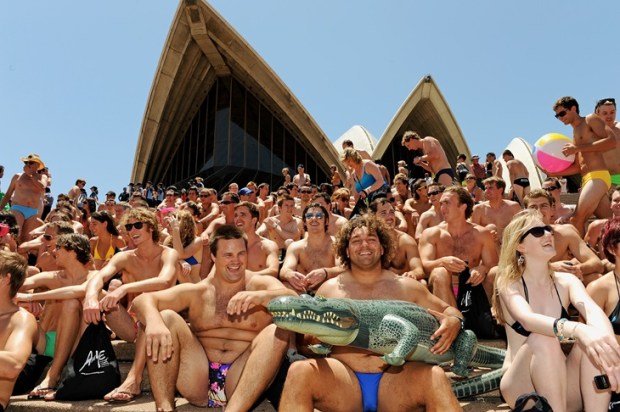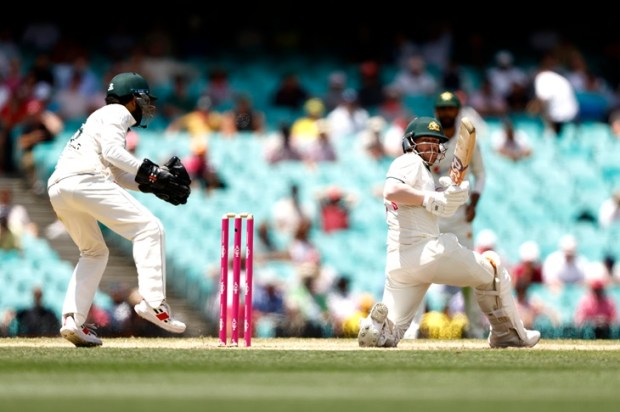In November 2013, I had my only encounter with the American healthcare system after finishing the New York marathon. It was one of those bizarre travel experiences that remain more memorable than the purpose of the trip.
Earlier that year, the Boston Marathon had been marred by a bombing tragedy, so the sister event carried a feeling of remembrance as well as celebratory defiance. Also, no doubt, an undercurrent of trepidation. Would tragedy strike again? Security was greatly increased – I spotted the marksmen on the roof of the Staten Island ferry terminal on the way to the start line. Thankfully, my visit to the medical tent had nothing to do with terror or disaster, but with a case of hypothermia.
For added security, the race had been changed that year to a staggered start, with corrals of runners setting off at intervals rather than all at once at the sound of a starting gun. My wave didn’t start till around 11 a.m., which – being the plodder I am – meant finishing around 3:30 p.m., by which time the sun was low and the temperature had dropped in the shadows of the New York skyscrapers. It was about 7 degrees.
Very soon after crossing the finish line in my sweaty running gear, I felt my body temperature begin to plummet. I started shivering like a VW Beetle in neutral. I knew I had at least a half-hour walk back to my hotel and was a little concerned about how I might fare. I hadn’t left a bag of dry clothes at the finish line, nor did I have anyone there to meet me. And there was no hope of a taxi. In the back of my mind, I also had the voices of family and friends telling me to be careful attempting what was my first marathon.
As I walked by the medical tent, I decided to put precaution first. I shuddered in, and with quivering lips told the triage nurse my concern, and asked whether there might be a heater next to which I could thaw out prior to walking home. ‘Just wait here a minute,’ he said. I waited a few, trembling all the while. Eventually, a nurse came over and conveyed me to a foldout bed.
And so began an hour of my life that I will never forget.
Across the room, I could see one of those bendy vent pipes through which warm air was being pumped into the tent. ‘Might I be able to go and stand by it,’ I enquired, ‘just to warm up?’ ‘Not right now, first some paperwork…’ Okay. I got it. They need to cover themselves, especially in the litigious US of A. But could I maybe fill out the forms while sitting in front of the heating vent? Nope, they were in charge here, just lie back and wait for a medic.
After several minutes, another nurse came over with a clipboard and papers, but there was no way I could hold a pen. I dictated my details to him through chattering teeth and, by now, royal blue lips. And there were a lot of details, with my status as a foreigner probably not helping. Every word took about three attempts to get out. Thoughtfully, he did cover me with one of those aluminium emergency blankets, which did precisely nothing but make me look sillier, and then he walked away. I was still frozen, only now wrapped in tin foil.
After several minutes another nurse came over and took a hold of my wrist. Ah, I thought, checking my pulse. But, no, that would come later. Without saying a word, she clipped a numbered band around my wrist and walked away, my pleading eyes following her around the room.
I lay there a few more minutes. I was s-s-s-so cold. Another nurse came over and stuck a thermometer in my mouth. Things were on the move. It read 94.7 degrees – technically hypothermic. That can’t be right, she said, it must be broken, and went off to fetch another one. I waited more minutes. She came back with a second thermometer which gave the same result: 94.7. They must be from a faulty batch, she said, and left me again. I wasn’t statistically or experientially convinced.
By now I was really beginning to wonder if I wasn’t experiencing some sort of hypothermic hallucination. I was shivering uncontrollably, and eyeing the heating vent with increasing desperation. Should I just make a rush for it? But the hyper-alert security made me hold back. Cold as I was, I wasn’t ready to be shot. I lay there obediently, still unchanged out of my wet shirt, shorts and socks.
Another doctor came over, looked over my papers, and enquired whether I had a history of such episodes. Have I been cold before, you mean? Yeah, sure, I’ve been cold before. Maybe they suspected my attitude, which was now also starting to get a bit frosty.
I’m no expert, I said, but what if I just went over to the heating vent over there for a minute and dried myself out. Might that help, you think? They weren’t big on my medical approach, although clearly not completely ignorant of my symptoms, chatting amongst themselves about how blue my lips were and the uncontrollable shivering.
A specialist was sent over and sat down beside me. ‘Hi, I’m Meredith, I’m a psychologist.’ This now made perfect sense to me, as I was quite convinced I must be going mad. The conversation played out along the lines of: ‘How are you feeling?’ ‘Cold.’ ‘Tell me more about that?’ ‘Um, bloody cold.’ She began to ask me – I tell you no lie – about my associations with ‘coldness’. About my childhood. Was my mother a cold woman? Had I had a traumatic episode with a refrigerator? Okay, I’m exaggerating there, but it was clear she thought my vigorous teeth-chattering was psychosomatic.
She began to take me through some visualisation exercises. Could I imagine a warm place? Yes, I thought, just over there by that bloody heating vent. But I played along, and tried to picture myself on a warm Australian beach, lying on the sand with the hot sun toasting me like a piece of bread. Nothing happened. I continued shivering and chattering like a jangling skeleton.
Could I just ‘let go’ and try to not shiver? I did, and actually managed to get up about five seconds one time, before my teeth went back to work. Whatever the movie Frozen tells you, there are some things you can’t simply ‘let go’, like being really cold. She finished our brief session to presumably go and write up her notes.
An hour had nearly passed, and I was now starting to think this is it. An embarrassing email to home: We regret to inform you that Richard finished the marathon, but died in the medical tent from post-run complications. My family had warned me to take special care. It was all my fault. I thought about calling back the psychologist to discuss my feelings of guilt, or ask if there was a chaplain like that lovely Father Mulcahy in M*A*S*H 4077.
As it happened, my prayers were curiously answered – in a way. A slightly older doctor, who coincidentally didn’t look unlike said army chaplain, happened to wander past from the other side of the tent. Maybe I was in some state of near-death hysteria, because I just started joking around with him, hamming up my Australian accent and playing a sort of urban Crocodile Dundee. Hey Doc, where can a bloke get a cold beer around here?
To my good fortune, I’m pretty sure he was gay, and my senseless banter may have been mistaken for flirtation. We got chatting – chattering, in my case – and he found me funny, which wasn’t hard. With my Aussie accent and clacking teeth, everything I said was a crack-up. We talked about family and where we were from. I told him some stuff about Australia, mostly about my fond recollections of the climate.
With relations thawing, I took a chance. In a bit of an ‘oh, do be a love’ tone, I asked if perhaps, if it wasn’t too much trouble, he could move me to the now vacant bed right beside the heating vent over there. ‘Oh, I don’t know about that,’ he demurred, but my charm must have won him over. He sat me up and escorted me over to the bed, my legs wobbling like he was trying to walk a plastic doll. I sat down, and let the warm air from the vent wrap itself around me.
Within two minutes, I was restored. My clothes dried, my skin warmed, my body thawed, my lips reddened, the icicles fell from my ears, and I was good as gold, ready to go, if a little marathon-sore. A medical miracle.
Now, the issue of getting home. I told him it was a good walk to my hotel. What was I going to do? He hatched a plan. Although, it was against the rules, he ‘borrowed’ a proper hospital blanket for me – why hadn’t I been given one of these before? – and proceeded to make a toga out of it, cutting holes for my arms and head. He then used masking tape to make a belt around my waist. Now thawed, I was confident I could make it. I was discharged, after finishing some more paperwork.
I thanked everyone for their medical attention, but I hugged Father Mulcahy. He was one of the straightest, buttoned-down Americans I’ve ever met, but I’d actually got to know him a bit too. I liked him, he was friendly, he laughed at my jokes. We actually exchanged email addresses, and kept in touch for a while. He was eager to know how I’d gone.
To be fair, I wondered if half the crew weren’t volunteers from a medical school, undergrads using the event as a training ground, an opportunity to practise their respective disciplines on a freezing Aussie bloke instead of a fully-fledged cadaver. Thankfully, there was no proctologist on site. I guessed they had to follow procedures and academic protocols for their grades, but it was Doctor Mulcahy who dared the human touch. I felt like I’d experienced the best and worst of American care. At least, I didn’t have to cough up thousands for the visit. My entry fee must have covered it.
In my makeshift hospital toga, sneakers, a flame-patterned headband I’d worn for some reason, and my marathon medal around my neck, I walked down 5th Avenue looking like an escapee from a lunatic asylum. But no one seemed to notice a jot. I was just another New Yorker. Seeing my medal, strangers cheered me all the way, as they had during the race. ‘Way to go, man! Awesome effort, dude!’
At the hotel, I stripped out of my attire and had the longest, hottest shower of my life.


